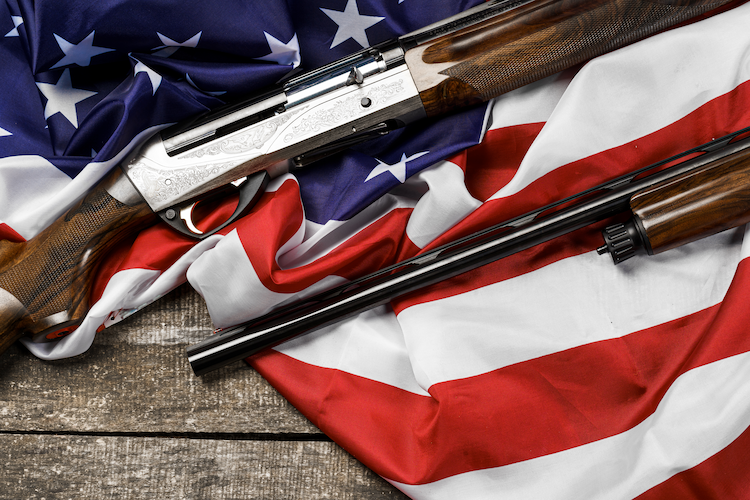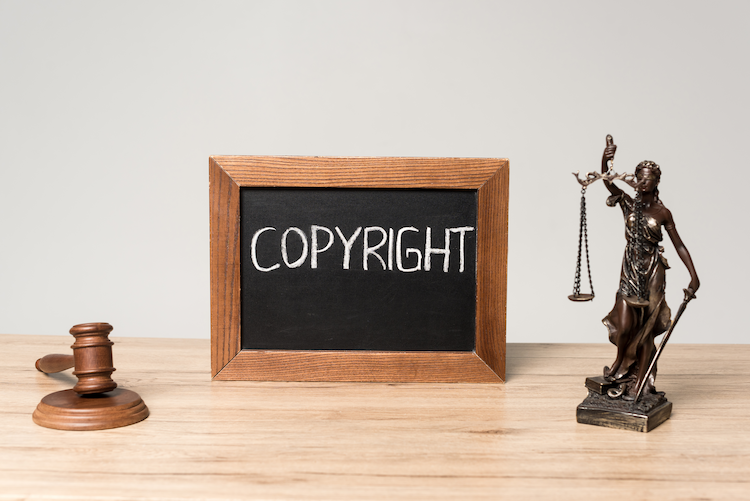Bravo-Fernandez v United States: Double Jeopardy and Issue Preclusion

In Bravo-Fernandez v United States, 580 U. S. ____ (2016), the U.S. Supreme Court held that the Constitution’s Double Jeopardy Clause does not prohibit defendants from being retried after a jury has returned irreconcilably inconsistent verdicts of conviction and acquittal and the convictions are later vacated for legal error unrelated to the inconsistency. The Court’s decision was unanimous.
The Facts of Bravo-Fernandez v United States
Petitioners Juan Bravo-Fernandez (Bravo) and Hector Martínez-Maldonado (Martínez) were convicted of bribery in violation of 18 U. S. C. §666. Simultaneously, the jury acquitted them of conspiring to violate §666 and traveling in interstate commerce to violate §666. Because the only contested issue at trial was whether Bravo and Martínez had violated §666 (the other elements of the acquitted charges—agreement and travel—were undisputed), the jury’s verdicts were irreconcilably inconsistent.
The petitioners’ convictions were later vacated on appeal because of error in the judge’s instructions unrelated to the verdicts’ inconsistency. On remand, Bravo and Martínez moved for judgments of acquittal on the standalone §666 charges, arguing that the issue-preclusion component of the Double Jeopardy Clause barred prosecutors from retrying them on those charges because the jury necessarily determined that they were not guilty of violating §666 when it acquitted them of the related conspiracy and Travel Act offenses. The District Court denied the motions, and the First Circuit affirmed.
Double Jeopardy Clause
Under the Double Jeopardy Clause, no person shall be “subject for the same offense to be twice put in jeopardy of life or limb.” As explained by the Court in North Carolina v. Pearce, 395 U. S. 711, 717 (1969), the clause “protects against a second prosecution for the same offense after conviction” and “protects against a second prosecution for the same offense after acquittal.”
Similarly, the doctrine of claim preclusion, which applies to both civil and criminal proceedings, bars relitigation of an issue of fact or law raised and necessarily resolved by a prior judgment. While civil cases are generally subject to appellate review by either party, juries enjoy an “unreviewable power . . . to return a verdict of not guilty for impermissible reasons,” for “the Government is precluded from appealing or otherwise upsetting such an acquittal by the Constitution’s Double Jeopardy Clause.” Accordingly, courts are reluctant to apply the issue-preclusion doctrine in criminal cases.
Under Ashe v. Swenson, 397 U. S. 436 (1970), the issue-preclusion component of the Double Jeopardy Clause bars a second contest of an issue of fact or law raised and necessarily resolved by a prior judgment. The defendant has the burden of demonstrating that the jury’s verdict of acquittal actually decided the issue to be precluded. In United States v. Powell, 469 U. S. 57 (1984), the Supreme Court held that when the same jury returns irreconcilably inconsistent verdicts on the issue in question, a defendant cannot meet that burden. Accordingly, the acquittal gains no preclusive effect regarding the count of conviction. However, under the Court’s decision in Yeager v. United States, 557 U. S. 110 (2009), the jury’s verdict of acquittal does have preclusive force if the same jury in the same proceeding fails to reach a verdict on a different count turning on the same issue of ultimate fact.
The Court’s Decision in Bravo-Fernandez v United States
The Court affirmed the First Circuit’s decision. “The issue-preclusion component of the Double Jeopardy Clause does not bar the Government from retrying defendants, like petitioners, after a jury has returned irreconcilably inconsistent verdicts of conviction and acquittal and the convictions are later vacated for legal error unrelated to the inconsistency,” Justice Ruth Bader Ginsburg wrote on behalf of the unanimous court.
In reaching its decision, the Court concluded that the petitioners failed to establish that the jury necessarily resolved the question whether they violated §666 in their favor, as required under Ashe. “Petitioners gained a second trial on the standalone bribery charges, but they are not entitled to more,” Ginsburg wrote. “Issue preclusion is not a doctrine they can commandeer when inconsistent verdicts shroud in mystery what the jury necessarily decided.”
The Court also rejected the argument that under Yeager, the §666 convictions are meaningless because the jury was allowed to convict on the basis of conduct not criminal in the First Circuit. “[T]his is scarcely a case in which the prosecution ‘failed to muster’ sufficient evidence in the first proceeding,” Justice Ginsburg noted. “Quite the opposite. The evidence presented at petitioners’ trial, the Court of Appeals determined, supported a guilty verdict on the gratuity theory (which the First Circuit ruled impermissible) as well as the quid pro quo theory (which the First Circuit approved). Vacatur was compelled for the sole reason that the First Circuit found the jury charge erroneous to the extent that it encompassed gratuities.”
Previous Articles
SCOTUS Sides With NRA in First Amendment Dispute
by DONALD SCARINCI on June 25, 2024
In National Rifle Association of America v. Vullo, 602 U.S. ____ (2024), the U.S. Supreme Court rul...
SCOTUS Rules Challenged South Carolina District Is Not a Racial Gerrymander
by DONALD SCARINCI on June 19, 2024
In Alexander v. South Carolina State Conference of the NAACP, 602 U.S. ____ (2024), the U.S. Suprem...
SCOTUS Holds No Time Limit for Damages Under Copyright Act
by DONALD SCARINCI on June 17, 2024
In Warner Chappell Music, Inc. v. Nealy, 601 U.S. ____ (2024), the U.S. Supreme Court held that the...
The Amendments
-
Amendment1
- Establishment ClauseFree Exercise Clause
- Freedom of Speech
- Freedoms of Press
- Freedom of Assembly, and Petitition
-
Amendment2
- The Right to Bear Arms
-
Amendment4
- Unreasonable Searches and Seizures
-
Amendment5
- Due Process
- Eminent Domain
- Rights of Criminal Defendants
Preamble to the Bill of Rights
Congress of the United States begun and held at the City of New-York, on Wednesday the fourth of March, one thousand seven hundred and eighty nine.
THE Conventions of a number of the States, having at the time of their adopting the Constitution, expressed a desire, in order to prevent misconstruction or abuse of its powers, that further declaratory and restrictive clauses should be added: And as extending the ground of public confidence in the Government, will best ensure the beneficent ends of its institution.




